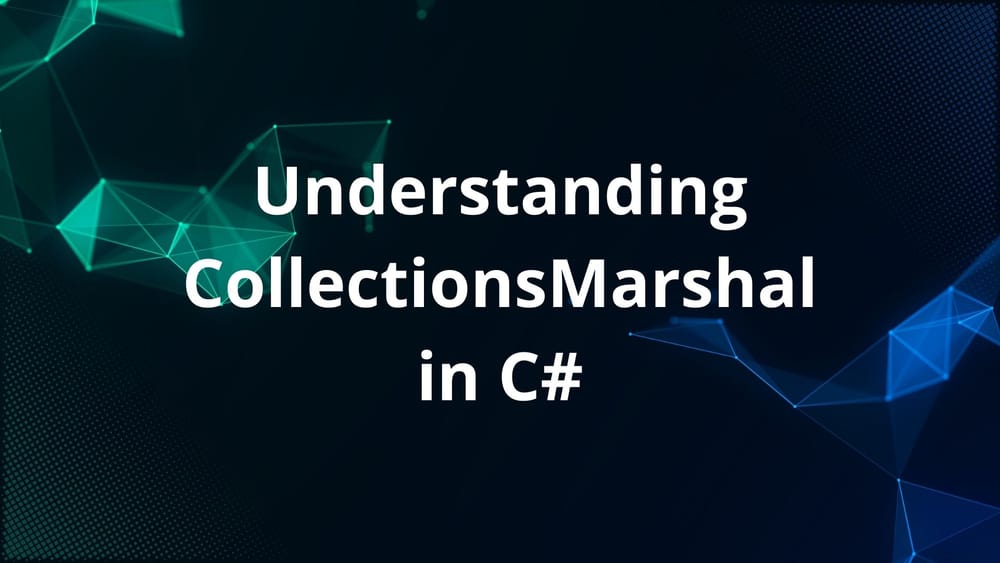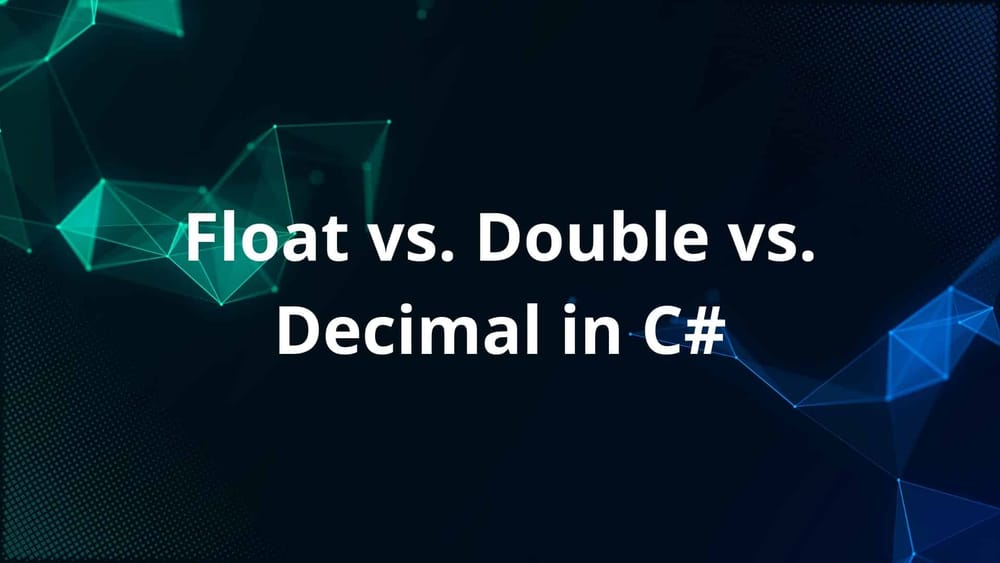The Null Coalescing Assignment Operator (??=) in C sharp is used to set a default value to a variable if the value is null. This operator is similar to the Null Coalescing Operator.
Here's an example.
int? i = null;
i ??= 0;
Console.WriteLine(i);In this example, the value of I is null. In the next line, we are using the null coalescing assignment operator to set a default value 0 to the variable i if its value is null.
Using Null Coalescing Assignment Operator
With the null coalescing operator we can avoid the use of if-else statements to set a default value if a variable is null.
Example with if-else:
int? age = null;
// Using If
if (age is null)
age = 15;
Console.WriteLine($"The age is {age}");Example with Null coalescing assignment operator:
int? age = null;
// The age will get the value 15 if age is null.
age = age ??= 15;
// The answer is 15 because age was null.
Console.WriteLine($"The age is {age}");Using with value types
The left operand of the null coalescing operator should be either a nullable type or a reference type. We cannot use a value type as the left operand.
// The left operand (i) should not be a value type
int i = 10;
i ??= 100; // Error
Console.WriteLine(res);With the null coalescing assignment operator, we can set a default value for a variable if its value is null without using the if statements.



